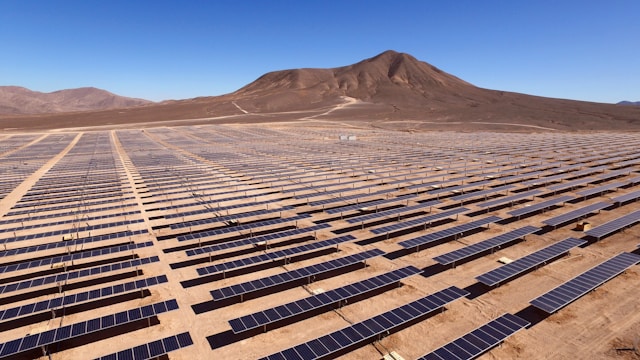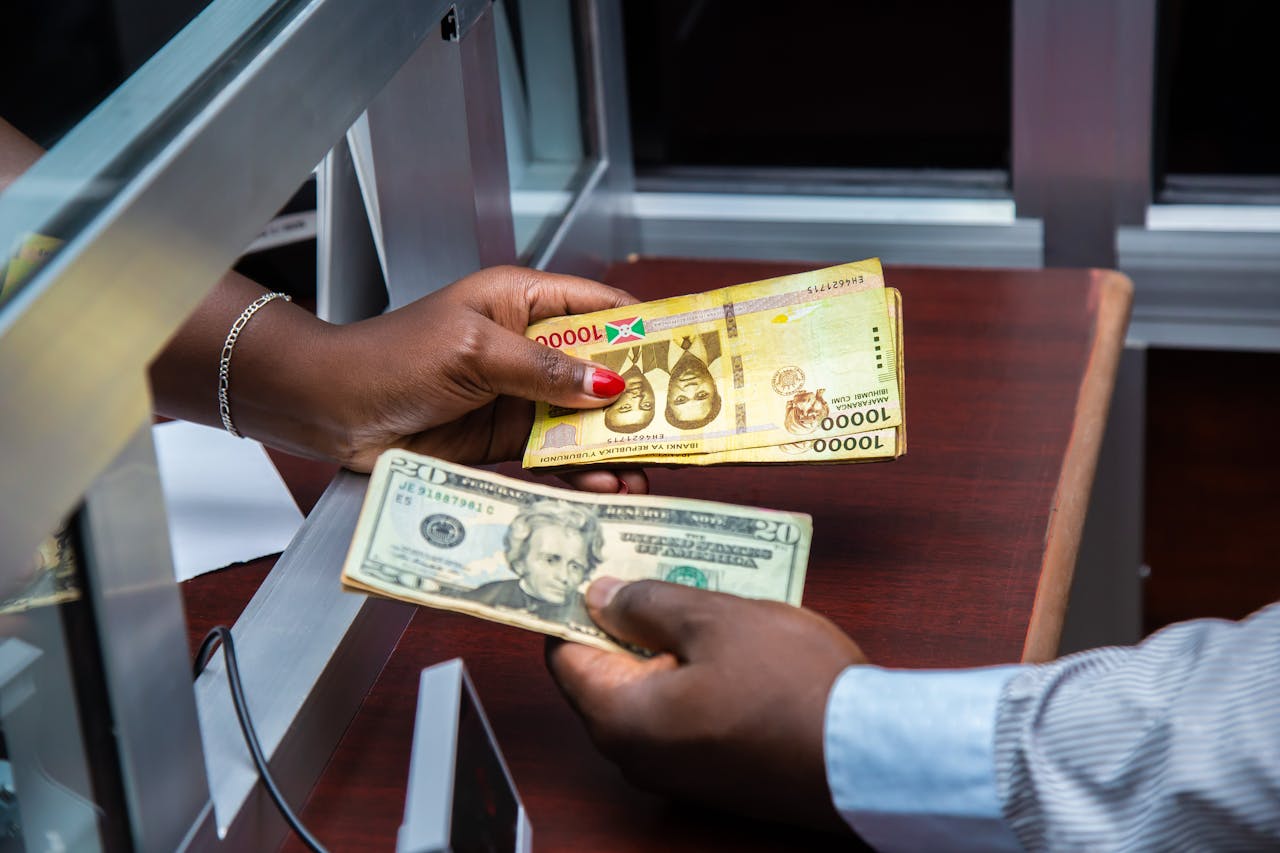Let us take a moment to appreciate Africa, a continent blessed with abundant sunshine. From the Sahara Desert's relentless heat to the equatorial regions' consistent sunshine, Africa is what would be known as a natural laboratory for solar energy. For decades, Africa has grappled with power shortages. Businesses grind to a halt, healthcare systems falter, and communities are plunged into darkness. This energy crisis is a formidable obstacle to economic growth and development. But the continent's vast, sun-drenched landscapes offer a potential solution—solar energy.
The Entrepreneurial Landscape of Renewable Energy
Africa’s solar startup ecosystem is diverse, with companies targeting different market segments. Some are developing standalone solar home systems, offering off-grid solutions to rural communities. Others are building large-scale solar power plants to connect to national grids, increasing electricity supply and reducing reliance on refined crude oil products.
Mini-grids are another focus area. These localized power systems combine solar energy with battery storage, providing reliable electricity to rural communities. A growing number of startups are also focusing on innovative financing models, making solar energy accessible to those who might not be able to afford upfront costs. Pay-as-you-go plans and solar leasing options are gaining traction, allowing more people to benefit from clean energy.
The Impact of Solar Energy Startups
The continent's solar energy sector is rapidly expanding, with new companies and projects always emerging. Here are a few key players in this industry making a difference within the ecosystem and the broader continent:
Bboxx
A UK-based company with a strong presence in Africa, Bboxx has pioneered pay-as-you-go solar home systems. This model has made solar energy accessible to millions of off-grid households, providing lighting, phone charging, and other essential services. Their success lies in combining affordable technology with flexible payment plans, making solar ownership a viable option for low-income households.
M-KOPA Solar
Another frontrunner in the pay-as-you-go solar market, M-KOPA offers solar home systems and mobile financial services. Their innovative approach has enabled widespread adoption of solar energy in countries like Kenya and Nigeria. By integrating solar technology with mobile payments, M-KOPA has created a convenient and accessible platform for customers.
Azuri Technologies
Azuri has a strong presence in East Africa focusing on affordable solar home systems. Their products include lighting, radios, and mobile phone charging, improving the lives of rural communities. Azuri's commitment to providing high-quality, durable products has contributed to its success in the market. Azuri has brought clean and reliable electricity to over 1 million households in East Africa, improving their quality of life and enabling economic activities.
Solarise Africa
This pan-African energy-as-a-service company specializes in commercial and industrial energy projects. Solarise Africa has contributed to the growth of solar energy in the commercial sector, helping businesses reduce electricity costs and carbon emissions. The company has become a trusted partner for businesses seeking solar energy by offering comprehensive solutions, including project financing and installation.
The Role of Key Players and Opportunities in the Ecosystem
An influx of investor interest and rapid technological advancements have ignited a surge of innovation within the sector. This combination of conditions positions these startups to drive unprecedented growth and development. Beyond their commercial pursuits, these enterprises are catalysts for positive change, providing access to clean, affordable electricity in regions previously shrouded in darkness and ultimately improving the quality of life for millions of Africans.
The implications of widespread solar adoption extend far beyond individual households and communities. Creating sustainable energy infrastructure stimulates job growth across various sectors, from manufacturing and installation to maintenance and repair. This economic ripple effect contributes significantly to local and national development.
Africa is positioning itself as a global leader in renewable energy by harnessing the energy from the sun. The continent's abundant solar resources, coupled with the entrepreneurial spirit of its people, create fertile ground for innovation and scalability. As these startups mature and expand, they have the potential to meet domestic energy demands and become key players in the global renewable energy market.



